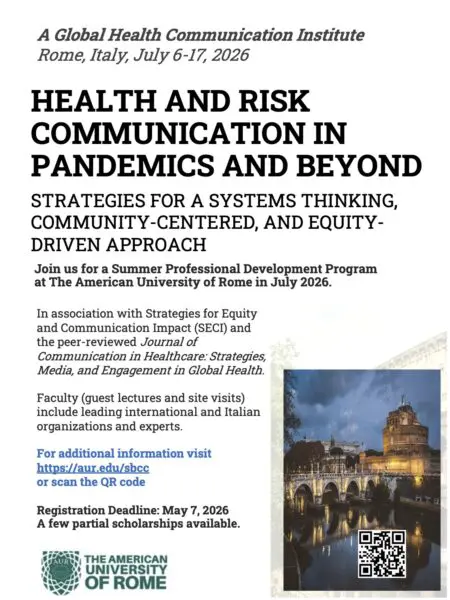
Aarhus, Denmark
Challenging Health Inequities in the Welfare State (5 ECTS)
When:
29 June - 17 July 2026
Credits:
5 EC
Read more
Healthcare
When:
18 June - 19 June 2026
School:
Institution:
TStat Training
City:
Country:
Language:
English
Credits:
0 EC
Fee:
390 EUR

In systematic literature reviews and meta-analysis, researchers frequently encounter difficulties in the evidence base that prevent the usual estimators from being used. For example, there may be reason to believe that results reported by some studies are biased. Other studies might not have reported the statistics required for traditional meta-analysis. Bayesian models for meta-analysis can accommodate these and other problems in a flexible modelling methodology. They also produce results in a probabilistic form that has been shown to support decision makers.
In this course, participants will be introduced to Bayesian methods using the sampling algorithms in Stata’s flexible bayesmh command, no previous experience of Bayes is therefore required. We will show how to re-conceptualise meta-analysis from a weighted average estimator to a probabilistic model, before teaching the code needed for basic common effect and random effect meta-analyses. We will then progress to more sophisticated models for network meta-analysis (multiple intervention choices) and unreported statistics
At the end of the course, participants will be able to autonomously implement (with the help of the Stata routine templates specifically developed for the course) the appropriate methods, given both the nature of their data and the analysis in hand, within their own research.
The course is of particular interest to researchers and professional working in Biostatistics, Business Administration, Economics, Education, Management, Marketing, Psychology, Public Health and Social Sciences. Due to its introductory nature, it is however, also accessible to individuals, regardless of their respective disciplines or fields, who need to acquire the requisite toolset to apply Bayesian Meta-Analysis to their own data. During the course, theoretical concepts are reinforced by applied examples, in which the course tutor discusses current research issues, highlighting potential pitfalls and the advantages of individual techniques
Fee
390 EUR
When:
18 June - 19 June 2026
School:
Institution:
TStat Training
Language:
English
Credits:
0 EC

Aarhus, Denmark
When:
29 June - 17 July 2026
Credits:
5 EC
Read more

Rome, Italy
When:
06 July - 17 July 2026
Credits:
0 EC
Read more

Oulu, Finland
When:
03 August - 14 August 2026
Credits:
5 EC
Read more